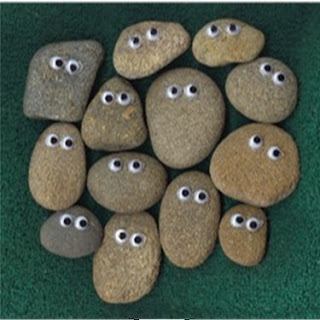We had waffles for breakfast today. Pancakes, Muffins, Potatoes, Sausage, Bacon, O.J., Milk, and don't forget the Hot Cocoa. Syrup, Butter, Ketchup...........(I'm always amazed at how ketchup finds it's way to the breakfast table with teenagers). It was a most excellent meal together!
After breakfast, I asked everyone to share at least one of the following things with the class:
* Share your feelings about seminary this year.
* Share a personal experience you have had this year while reading the scriptures.
* Share your feelings about the Savior.
* Share what activity you have done at Christmas-time that brought you closer to the Savior
* Share with us the best Christmas you ever had, and why.
With a large class like mine, you can understand how intimidating it might be for us to share something so personal. But I think we've become comfortable with one another over the last several months to be able to share some of these personal thoughts. Here are some things they shared.
SEMINARY: Although there is a tremendous sacrifice involved, their day goes much smoother when they have gone to seminary that morning. They love being with each other and coming to seminary to be with other youth who have their same beliefs. They know that every school morning, there is always someone at seminary, and they like that they can count on that. They love the Book of Mormon and come to learn more about it. Seminary keeps us on track, keeps us reading our scriptures, keeps us focused on good things.
 CHRISTMAS: Each person who spoke about their best Christmas shared that it involved isolated, private time with his/her family. It wasn't about gifts and getting, but it was the company they were with, and the memories they made with them. One person shared that the year her family did the most service was the year they received fewer gifts themselves and it was her favorite Christmas. One young man shared how his family is "secret Santa-ing" a needy family this year and how good that made him feel to help someone. One young lady shared how when her family couldn't afford much one year how someone had done something similar to them and how special that made her feel.
CHRISTMAS: Each person who spoke about their best Christmas shared that it involved isolated, private time with his/her family. It wasn't about gifts and getting, but it was the company they were with, and the memories they made with them. One person shared that the year her family did the most service was the year they received fewer gifts themselves and it was her favorite Christmas. One young man shared how his family is "secret Santa-ing" a needy family this year and how good that made him feel to help someone. One young lady shared how when her family couldn't afford much one year how someone had done something similar to them and how special that made her feel. THE SAVIOR: The One who brings us together at this time of the year is Jesus Christ. One young man shared that all of the giving that happens at this time of the year is what is most important. It all boils down to a Christ-like feeling, and a love for each other.
This is me today.



































.jpg)
















